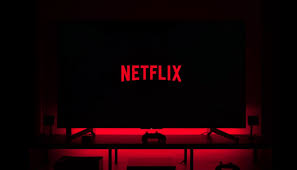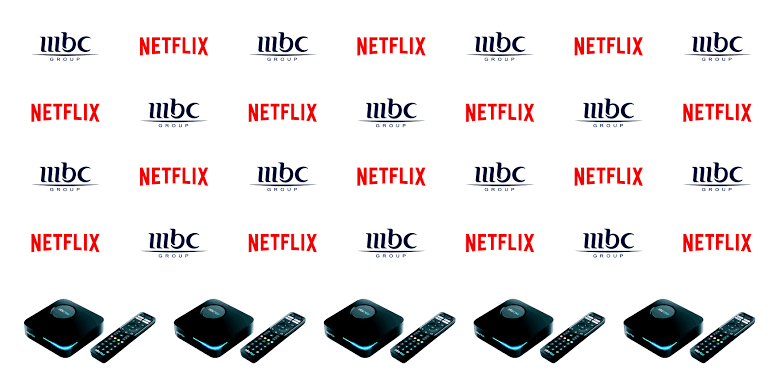The South African government could give Netflix and Disney Plus licenses to limit the number of content providers.
This step is one of several in a preliminary white paper on Audio and Audiovisual Media Services and Online Content Safety.
Technology has changed how audiovisual information is made and shared, giving people more ways to get what they want. The government wants to keep up with the times by keeping an eye on all material providers, even new ones. If these rules are passed, streaming sites may have to follow more rules.
In the Executive Summary of the white paper, it says that technology has moved faster than South Africa’s legal system. The white paper says, “These changes require policy interventions to make sure that disruptions and changes don’t make access to ICT technologies and services in South Africa even more unequal, thus widening the digital divide.” It was agreed that maybe all content providers should get licenses.
To give clients audio and video material that is fair and easy to understand. The government thinks this will help the economy grow and attract more investors.
It also talks about new terms in the content business. Some of these are “on-demand content service,” “audio-visual content service,” “user-generated video,” and “video-sharing platform service.”
Read also: Netflix bans password sharing in South Africa
How South Africa’s regulation of Netflix and others will work
The white paper says that licenses will need to be given for three types of services. Electronic Communications Network Services, Broadcasting Services, and Electronic Communications Services are the three types of services.
According to the policy, licenses are separated into Individual and class categories. Class licenses are intended for content providers that do not make use of the aforementioned frequency bands but who nonetheless provide content. Businesses that deal in radio and broadcasting are required to have a spectrum license. Class licenses are required for Internet content providers.
The classification of DSTV and other satellite pay-TV systems necessitates the acquisition of certain licenses. The authorization is broken down in the policy paper. If DSTV’s annual revenue was less than R100 million but greater than R50 million, the company is required to get a Class a permit.
If the number of people who watched DSTV each year went up or if the company sold more than R100 million, it would have to get individual rights. Individuals who want to get a pass are now expected to follow stricter rules.
Netflix and Disney Plus must meet license conditions. Licensees must create and promote local content. The documents allow the government to adjust criteria every three years if inflation or the economy change.
Netflix records subscriber increase after crackdown on password-sharing
Potential effects in South Africa
It’s impressive that South Africa is trying to grow despite the huge changes in the audio and video content business. The times have changed, and it makes sense to make sure that every company that wants to participate gets a license.
This would make it easier for the right body to keep an eye on the content provider, which would be good for the average citizen. Overall, it looks good for South Africa and is something that other countries can learn from.
















